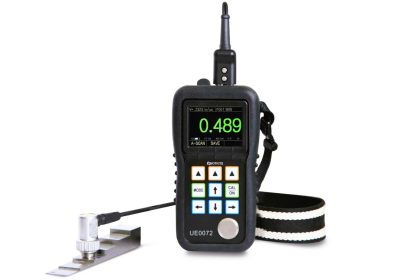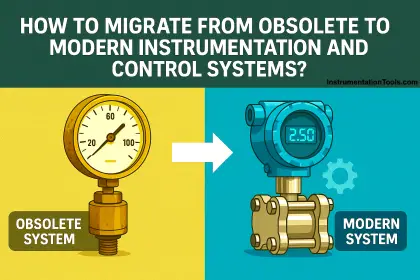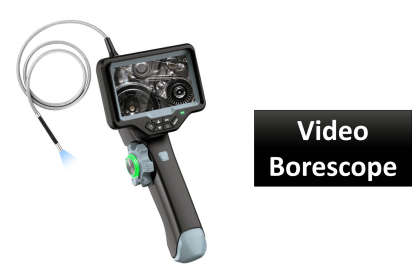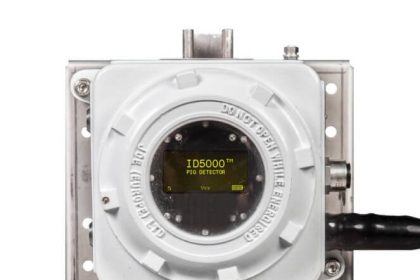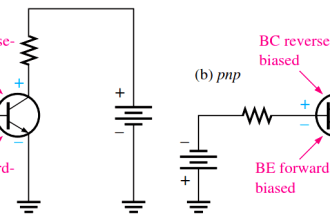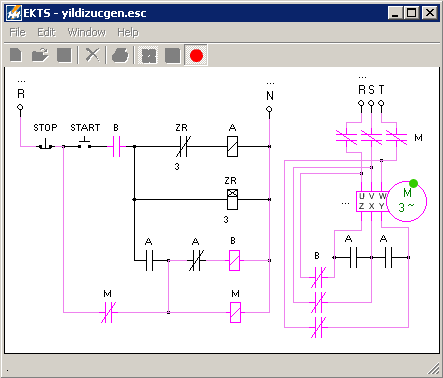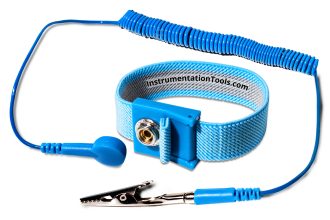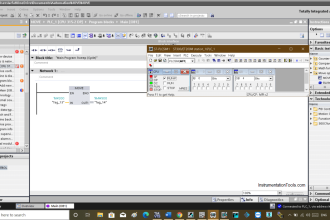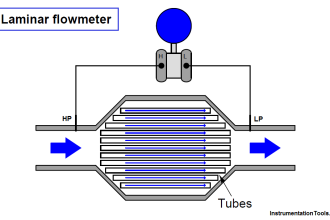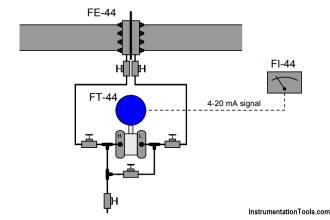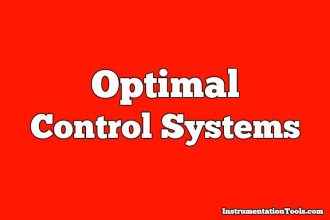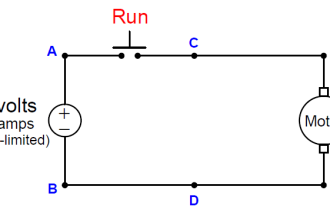Electronics engineering is one of the most common engineering courses found in almost all colleges. Electronics is developing rapidly day by day and finds its use in many areas of applications.
Normally, in earlier times, graduates used to find jobs just by passing the graduation. But nowadays, due to rising competition, they are finding it difficult to land a job just on the basis of graduation. Companies demand some special skill sets from them, which will help them filter the candidates more easily.
Streams in Electronics Engineering
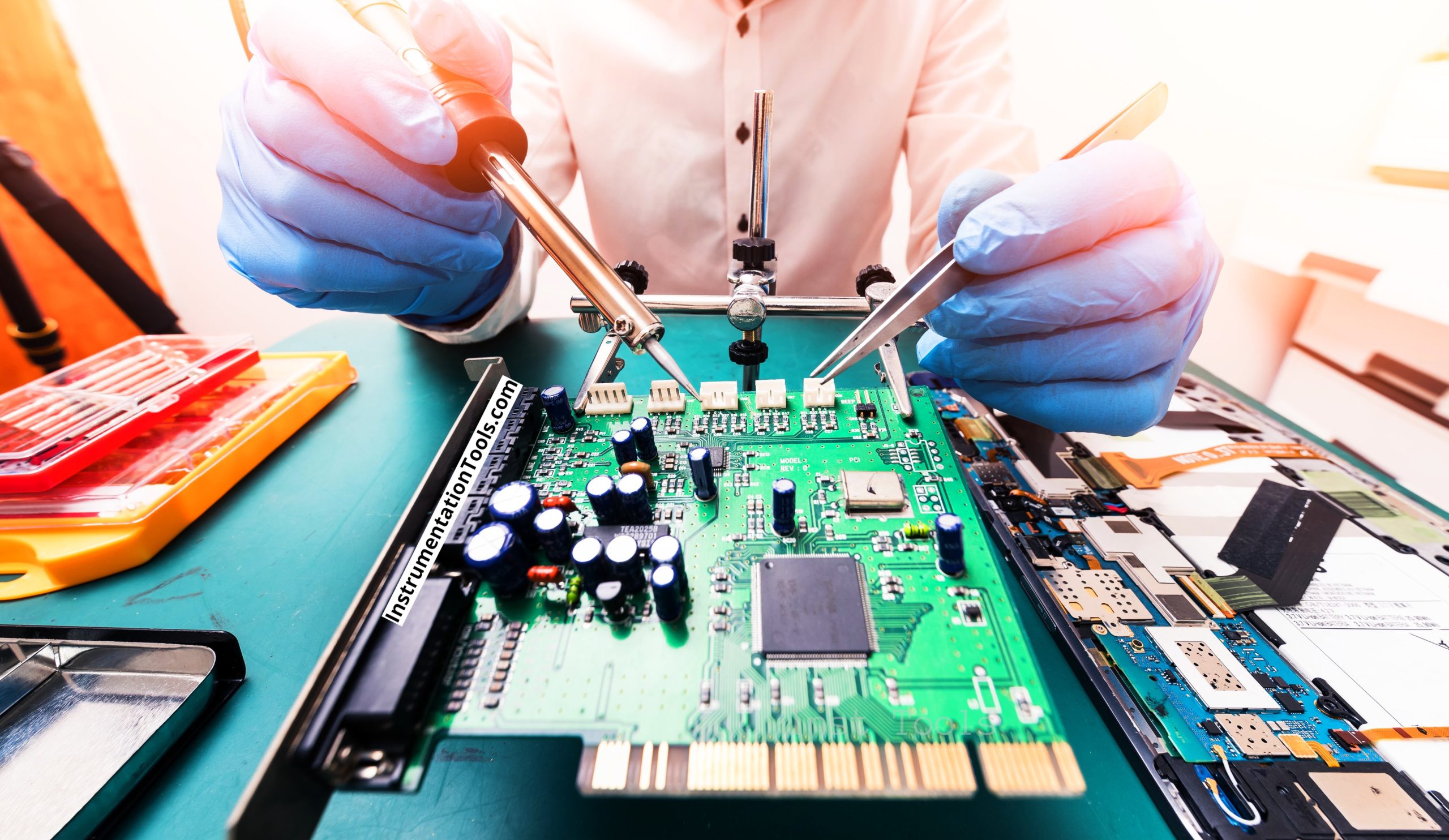
Companies too are facing pressure in hiring manpower who can do specialized tasks for them more quickly and efficiently, to keep themselves surviving in the market.
So there are many courses that are offered after graduation to make the candidates more agile, skilled, and technically strong to work. In this post, we will see the various streams which are covered after electronics engineering graduation.
VLSI
It is by far the most famous stream covered by graduates. VLSI stands for very large-scale integration. VLSI deals in the making of an IC or an integrated circuit, which is the heart of any electronic system.
An IC has millions of transistors and other nano semiconductors in it. For this, VLSI covers the detailed study of semiconductors, how to make ICs, and understanding coding for making the ICs function accordingly. From a small mobile to a big satellite system, ICs are found everywhere, without which the devices cannot function, as they perform all the operations of the system written in its algorithm.
Embedded System
The embedded system is an extension of VLSI. Embedded system majorly deals in microcontrollers and microprocessors and combines them with graphical user interfaces.
The embedded system provides knowledge in chip designing, software coding, and graphical coding. If you see, you will find that the graphical interface is an added feature in it and it is a little more complex to study than VLSI. The most famous example will be a mobile phone.
Industrial Automation
Industrial automation helps us to implement the automation in process control industries. The popular automation systems are PLC, SCADA, DCS, HMI, etc. These require special programming software for the configuration to control the industrial processes.
Robotics
Robotics is a course that covers a detailed study of robots, cobots, and other artificial intelligent human machines. It is a combination of mechatronics, electronics, motion control, and coding.
As robots are used in many industries nowadays, this course will always have a future for graduates. They will eventually build, design, and maintain robots on their own.
Signal Processing
As the name implies, the signal processing course deals with processing digital and analog signals for deep understanding in a way that we cannot see normally. You must have seen instruments in hospitals that show advanced levels of heartbeats in a patient.
Signal processing deals with advanced studies of signals that are used for study afterward. So, it finds itself in applications like audio filtering, data acquisition, digital image processing, radar, sonar, seismic studies, geophysical applications, medical instruments, and weather forecasting.
Power Electronics
The power electronics course studies the semiconductors. Semiconductors like transistors, diodes, and other high-speed switches are popularly used in electronic applications. So, after this course, a candidate can confidently work in handling high-speed power transfer, and switching, and help other candidates dealing with VLSI and embedded systems.
Communication Devices
The communication course deals with various communication devices like telephones, mobiles, antennas, radios, satellites, transmitters, receivers, microwave circuits, high-performance network pattern recognition, optical communication, and other advanced levels of communication used in electronic circuits. After this course, students can have a detailed study of communications.
Instrumentation Systems
Though this is a separate engineering branch, electronics too nowadays cover a broad section of this in their courses. Instrumentation deals with electronic instruments and sensors for measuring signals, digital or analog. The exact readings of the values are shown and these help in further detailed engineering. Signals can be used for any application, and so this course is very helpful for future careers.
Control Systems
Control systems is a study that deals with the control of processes through open loop, closed loop, cascade control, and other mathematical functions. It has a vast study in mathematics and formulae, which makes it somewhat difficult to study. But once, students Sureshot gets a good job, because control systems are used in almost all industries for controlling a system.
